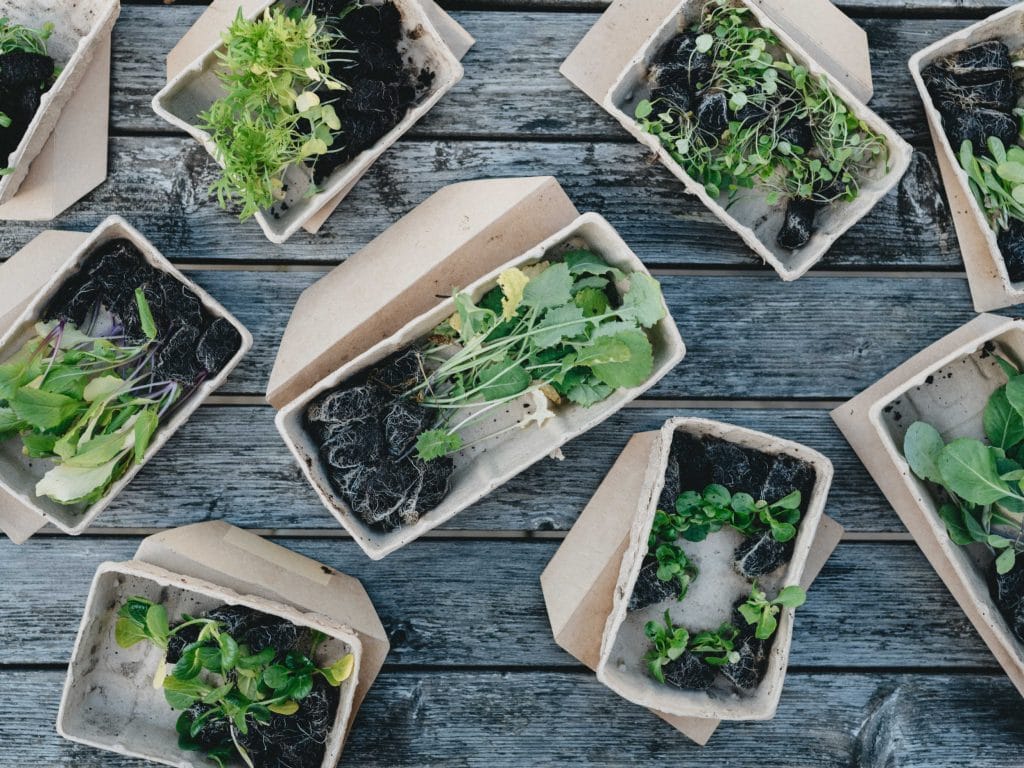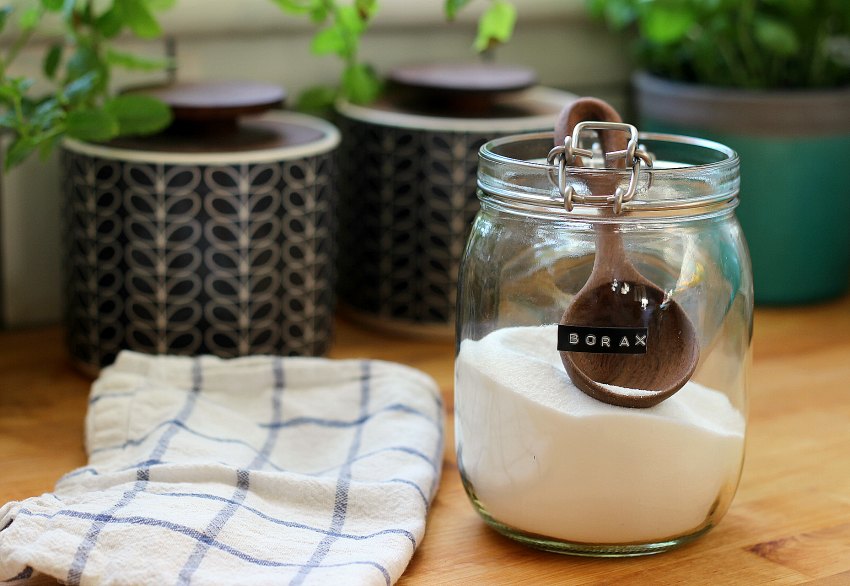The Difference Between Biodegradable and Compostable Is Huge
To support the running costs of Moral Fibres, this post may contain affiliate links. This means Moral Fibres may earn a small commission, at no extra cost to readers, on items purchased through these links.
Wondering what the difference is between biodegradable and compostable? Let me break it down for you, to help stop you from being greenwashed.
The eco-friendly market is booming, offering conscientious consumers a plethora of options. According to Ethical Consumer, environmentally friendly spending has swelled to over £41bn a year, as UK consumers’ shopping habits increasingly reflect their concerns about the environment, animal welfare, social justice and human rights.
Likewise, the number of products with environmental claims on their labels and websites is also increasing in a bid to attract a share of this green pound. No doubt you will have spotted the word biodegradable on many self-proclaimed eco-friendly products.
However, the term biodegradable isn’t a particularly helpful term when it comes to deciding what eco-friendly products to buy. Let’s have a look at what biodegradable means, why it’s not a helpful term, and how it compares to its often confused cousin – compostable.
What Does Biodegradable Mean?

Collins Dictionary defines biodegradable as “something that breaks down or decays naturally without any special scientific treatment“.
What this means is that the term biodegradable doesn’t mean that an item is compostable. Rather, it essentially means that an item can be broken down into increasingly smaller pieces without any intervention from us.
A product that decays naturally sounds great. But here’s the catch: nearly everything eventually degrades, given enough time. From food scraps that break down in weeks, to plastic bottles that take hundreds of years, they’ll all break down eventually, but the process, time, and impact on the environment vary greatly. This makes biodegradable an almost meaningless term.
Biodegradation Needs Certain Conditions to Work
The other trouble with the word biodegradable is that objects often need certain things to biodegrade effectively.
Organic material, such as food, requires oxygen, water and warmth to biodegrade. This is because organic waste is broken down by bacteria, that require oxygen, heat and water to be able to function. The by-product of this form of composting – also known as aerobic biodegradation – is a small amount of carbon dioxide.
Organic material, such as food, CAN break down without oxygen. This form of biodegradation without oxygen is known as anaerobic biodegradation, however, it’s not without its problems.
Anaerobically, the breakdown of the organic materials takes much longer. This process also causes a significant amount of methane to be released into the atmosphere. Methane has around 20 times the global warming potential as the same amount of carbon dioxide, so it’s a huge problem that is not in any way environmentally friendly.
In today’s tightly packed and sealed landfills, waste gets mummified, without oxygen. As a result, items may never fully break down, even biodegradable or compostable items that end up in landfill. This article about food waste being embalmed in landfill is equal parts fascinating and horrifying.
What this shows that biodegradation as a marketing term is meaningless unless the retailer provides advice or solutions on how to dispose of the item correctly at the end of the item’s life.
If that product ends up in landfill, then it’s no better than a product that was not marketed as biodegradable. I wrote more about this in my article on eco-friendly bin bags, should you wish to explore this in more detail.
What About Biodegradable Plastics?
Biodegradable plastics are not much better. I’ve written in detail about if biodegradable plastics are good for the environment. In short, most biodegradable plastics are classed as code 7. These types of plastics are generally not accepted for recycling by local councils, as they are harder to recycle due to the addition of chemical additives in them.
Why Are Brands Able To Use The Term Biodegradable?
Brands can use broad-sweeping claims, such as ‘biodegradable’, and even ‘green’, ‘eco-friendly’ or ‘sustainable’ because these words have no clearly defined or quantifiable meaning.
These terms also don’t convey information about specific environmental benefits. This means they are not breaking any particular advertising rules. In fact, there is no specific anti-greenwashing legislation in the UK, despite this form of greenwashing being confusing to customers.
However, there is some hope. At the end of 2020, the UK’s Competition and Markets Authority (CMA) began an investigation into whether sustainability claims are being used to deceive consumers. In fact, just a few days ago, they published draft eco marketing guidance for businesses and they are currently seeking views on this draft guidance. When published this may change things a little, however, the ambiguity of the term biodegradable may remain.
What Does Compostable Mean?

Collins Dictionary defines compostable simply as “capable of being used as compost“.
When you look at the difference between biodegradable and compostable in these terms, it’s clear there is a big difference. A plastic bag could be described as biodegradable, but you wouldn’t dream of using it to make compost. Meanwhile, food waste can be described as compostable because that breaks down quickly into organic matter that can make compost.
So surely, anything that is labelled as compostable is good for the environment? You would think so. However, the term compostable is not without its troubles. The term can be used to describe items that are both suitable for home compost setups only, and those are suitable for industrial composting setups.
What’s the Difference Between Home and Industrial Composting?
Composting at home is suitable for most food and garden waste. However, home composting isn’t suitable for many types of compostable packaging, such as coffee cups and food packaging. This is because, in most garden compost heaps, the temperature is much lower and much less constant than in an industrial composting facility. In these lower temperatures, the materials can’t break down.
It’s not as simple as just making sure you put your industrially compostable waste in your garden waste bin. If industrially compostable materials are placed in household garden waste bins, they are often fished out and sent to landfill. This makes these types of compostable packaging worse for the environment than recyclable plastic.
In my article on the problem with compostable coffee cups, I explain more about the problems with industrial composting. To give a brief summary, industrial composting facilities are not widely available in the UK. There are only 50 facilities in the UK, and not all of these currently accept and deal with industrially compostable packaging products. Therefore, many local authorities don’t have access to this type of facility. This makes it almost impossible for many to correctly recycle industrially compostable packaging.
What To Look Out For

For items that you can compost at home, look for the TUV Austria logo, specifically the label with the word ‘home’ on it, like the one pictured here. The OK compost home certification guarantees that a product can be composted within home compost heaps. TUV Austria also certifies products suitable for industrial composting, however, this has the words ‘industrial’ on it.
TL/DR?
Biodegradable and compostable are often used interchangeably to describe a product’s end of life. However, they actually mean very different things.
Biodegradable is a meaningless term when it comes to making sustainable purchasing decisions and is often a form of greenwashing.
Instead, look for products in home compostable packaging, that will break down to form compost. Until facilities in the UK catch up and are available to all, industrial composting is another type of greenwashing.
What Should I Do?
With most aspects of sustainability, the answer to the compostable vs biodegradable conundrum is to consume less stuff and lessen our dependence on disposable and single-use items.
However, sometimes we do need to buy essentials. In this instance, question items that are labelled as biodegradable. Ask the brand what they actually mean by this, and if they have any independent certification to verify their claims.
If you’re not satisfied with the answer, ask them where you should best dispose of the product at the end of its life. As the makers of a product, they are responsible for making products that can be responsibly disposed of or recycled at the end of their life.
For items that manufacturers claim to be compostable, check for labelling. If you can’t find a TUV home compostable label, then contact the retailer or manufacturer for clarification on whether these items are suitable for home or industrial composting.
As waste and recycling facilities vary across the country, it’s also prudent to check whether your local council accepts industrially compostable packaging and products for composting. Don’t assume that yours does, as many councils don’t accept these kinds of materials.
Found this post useful? Please consider buying me a virtual coffee to help support the site’s running costs.




